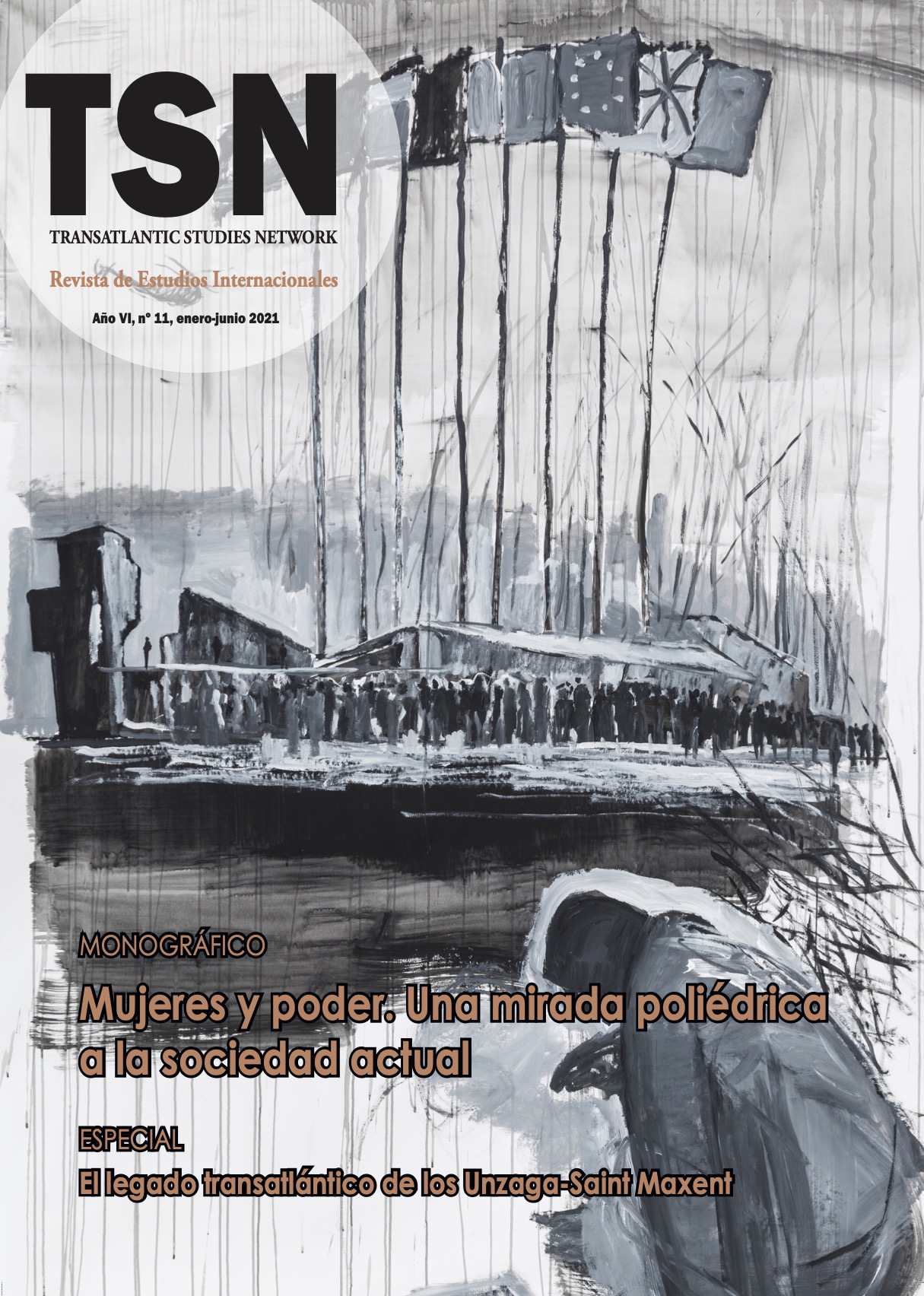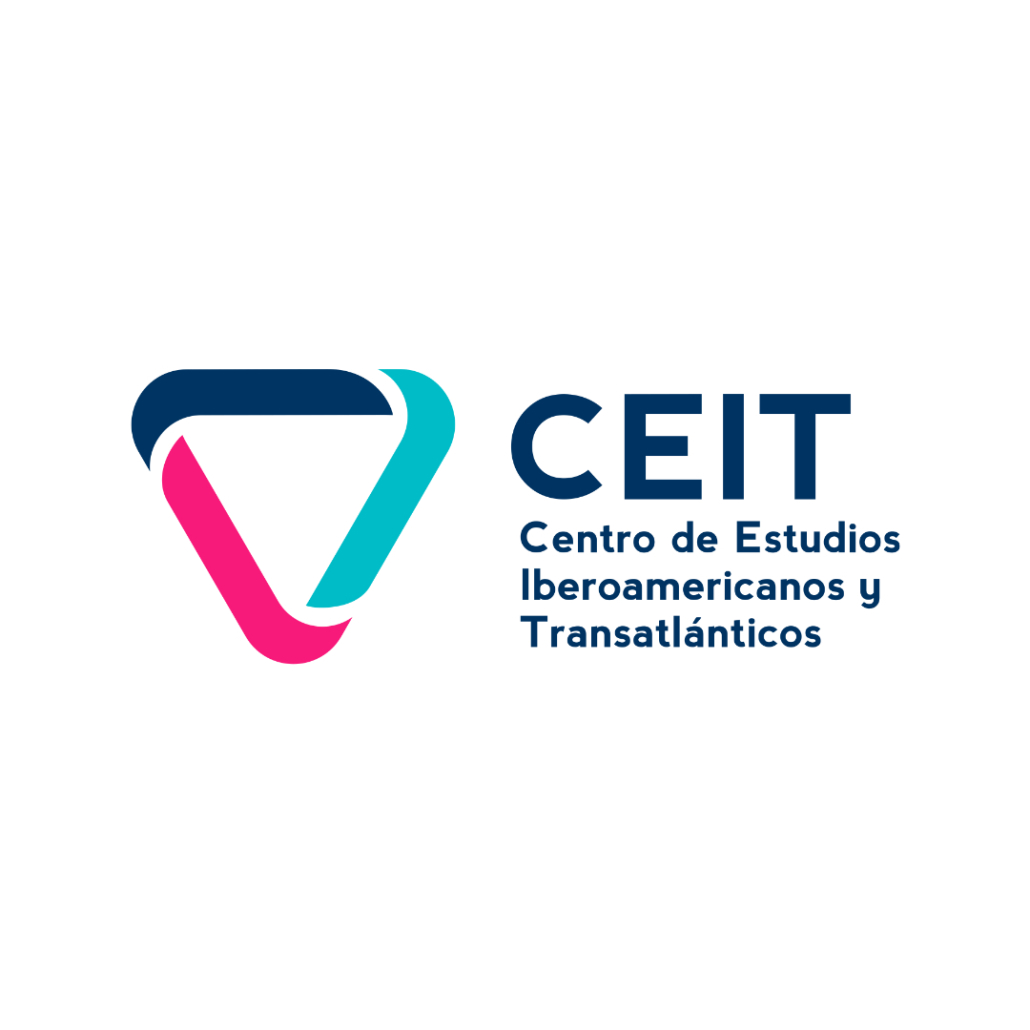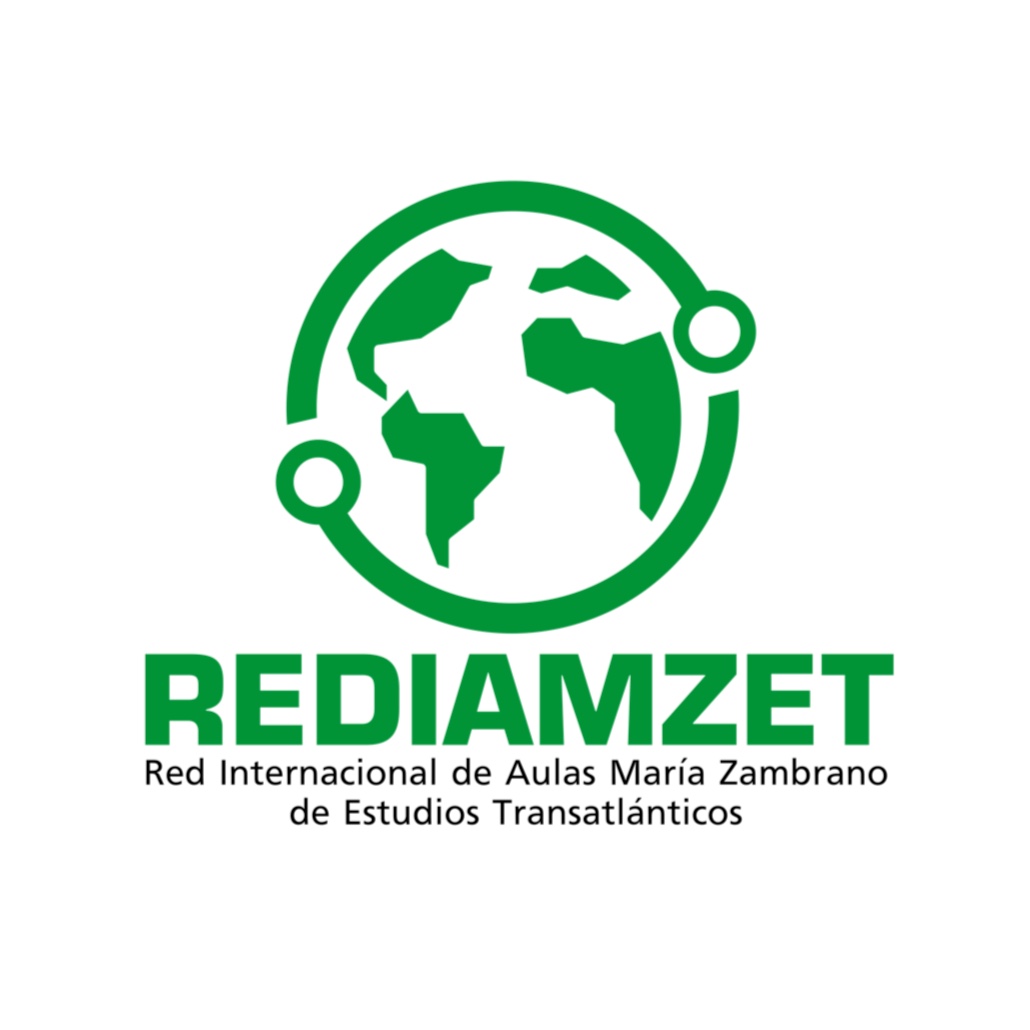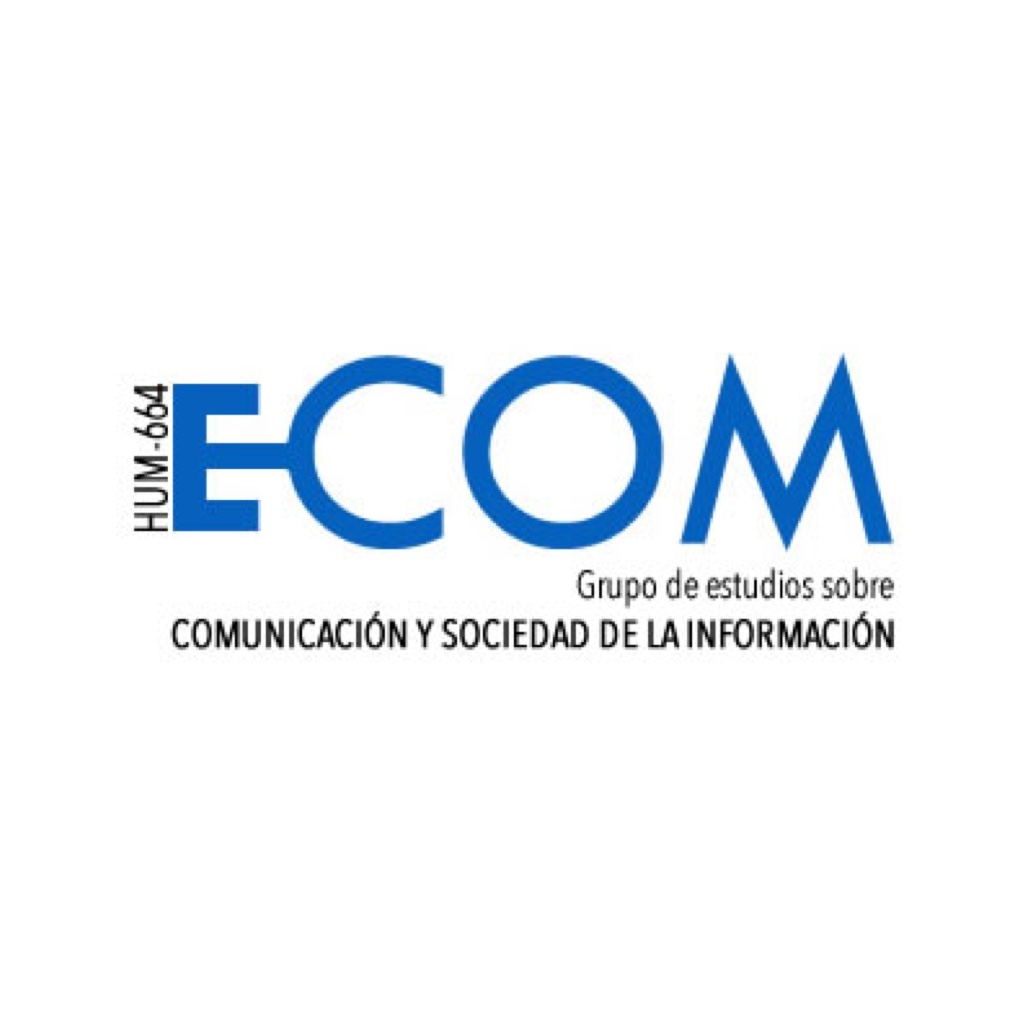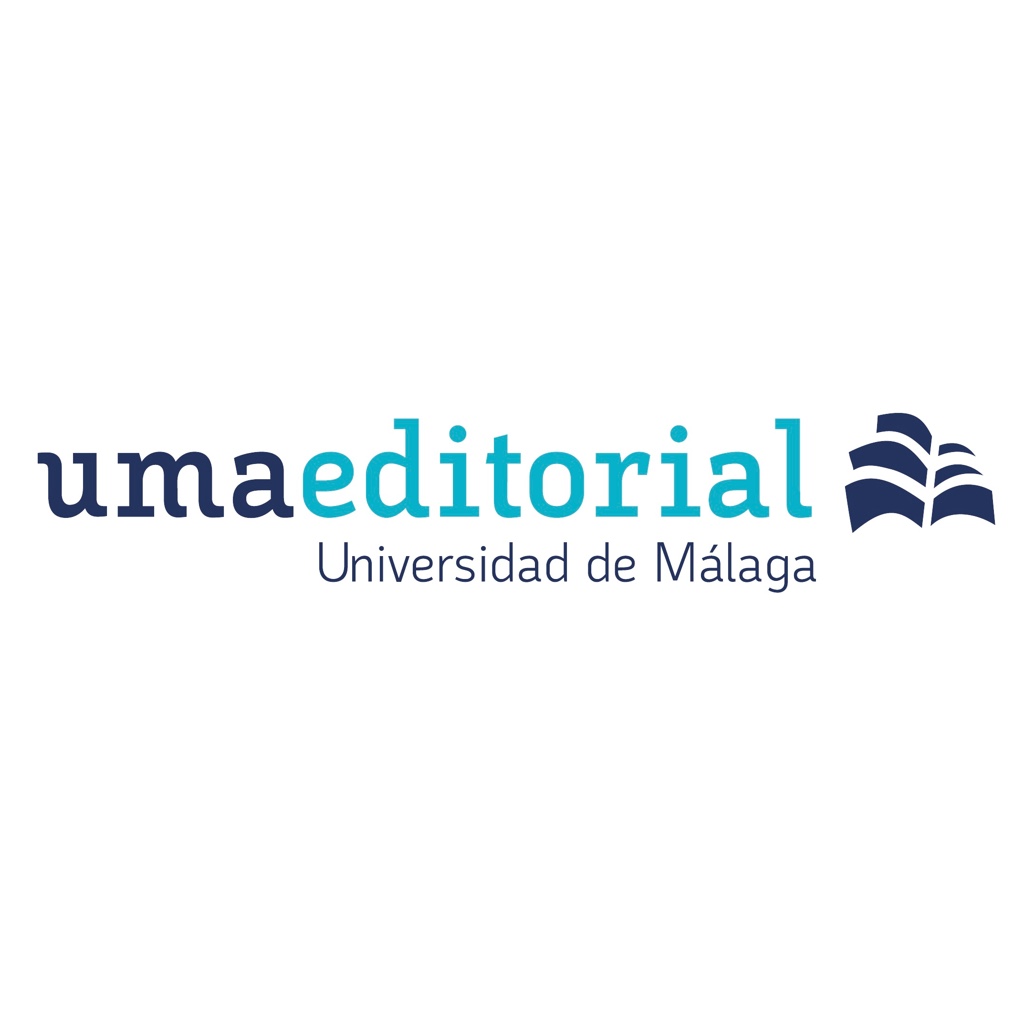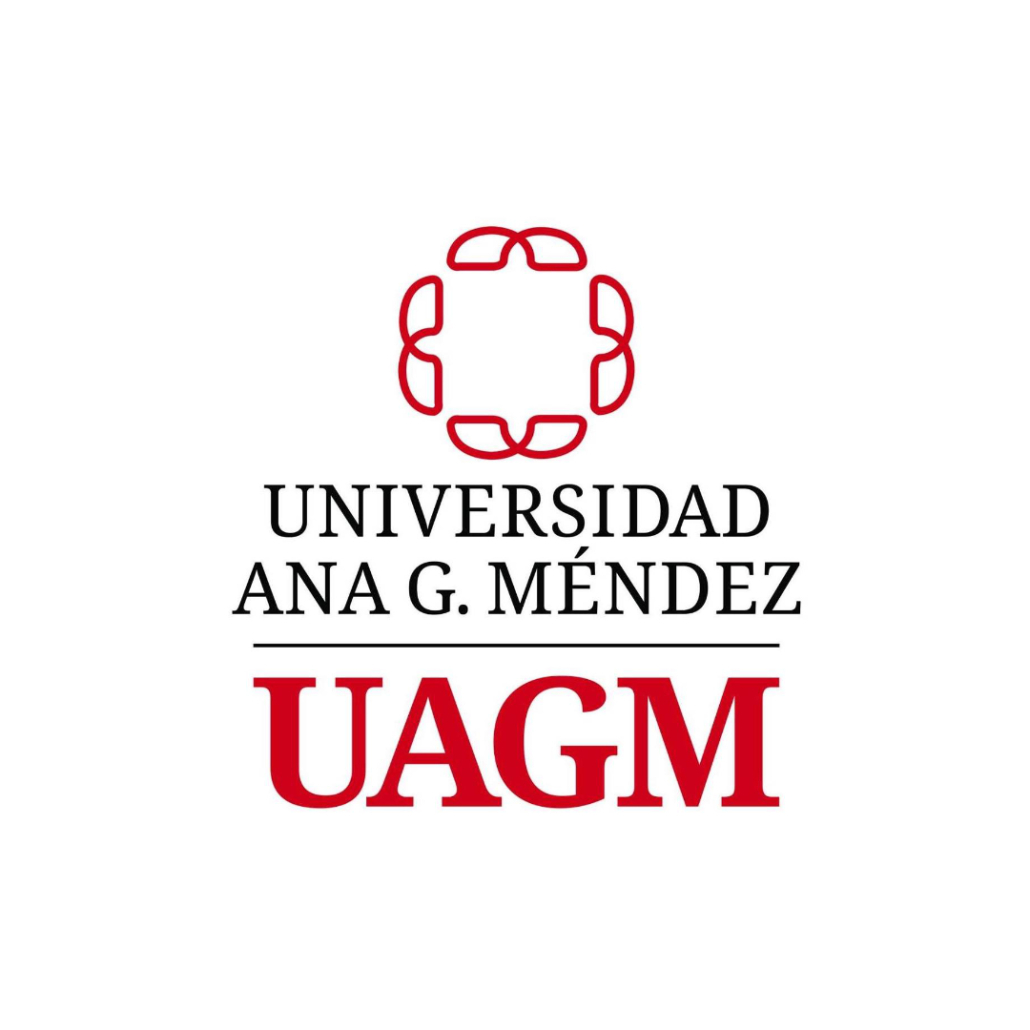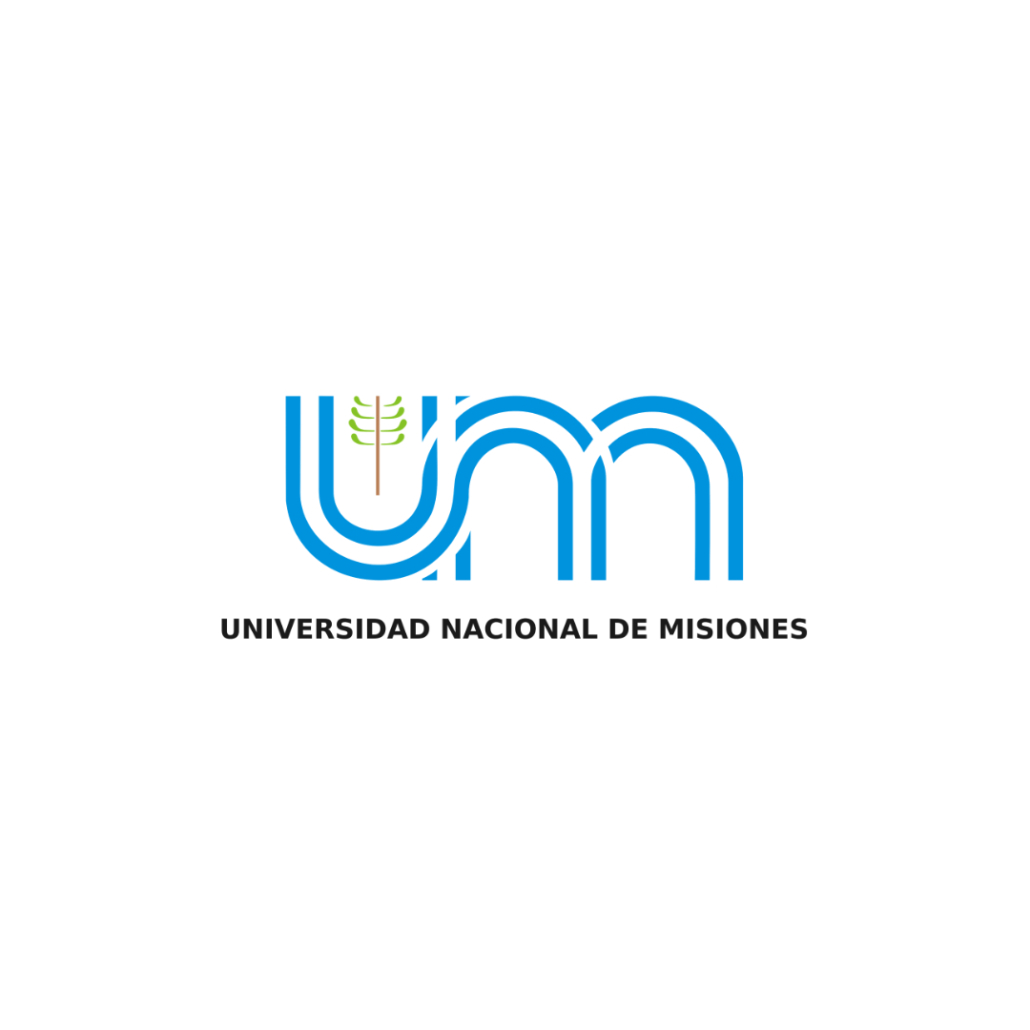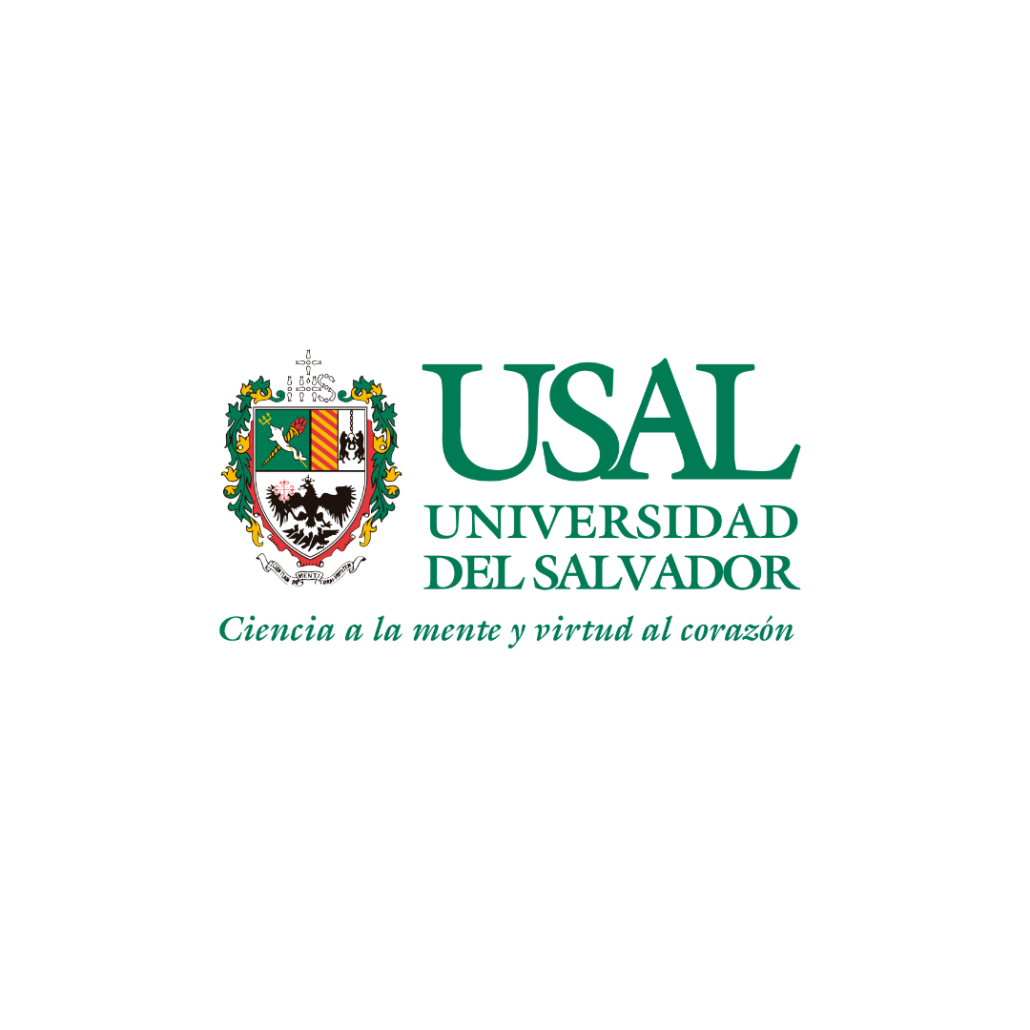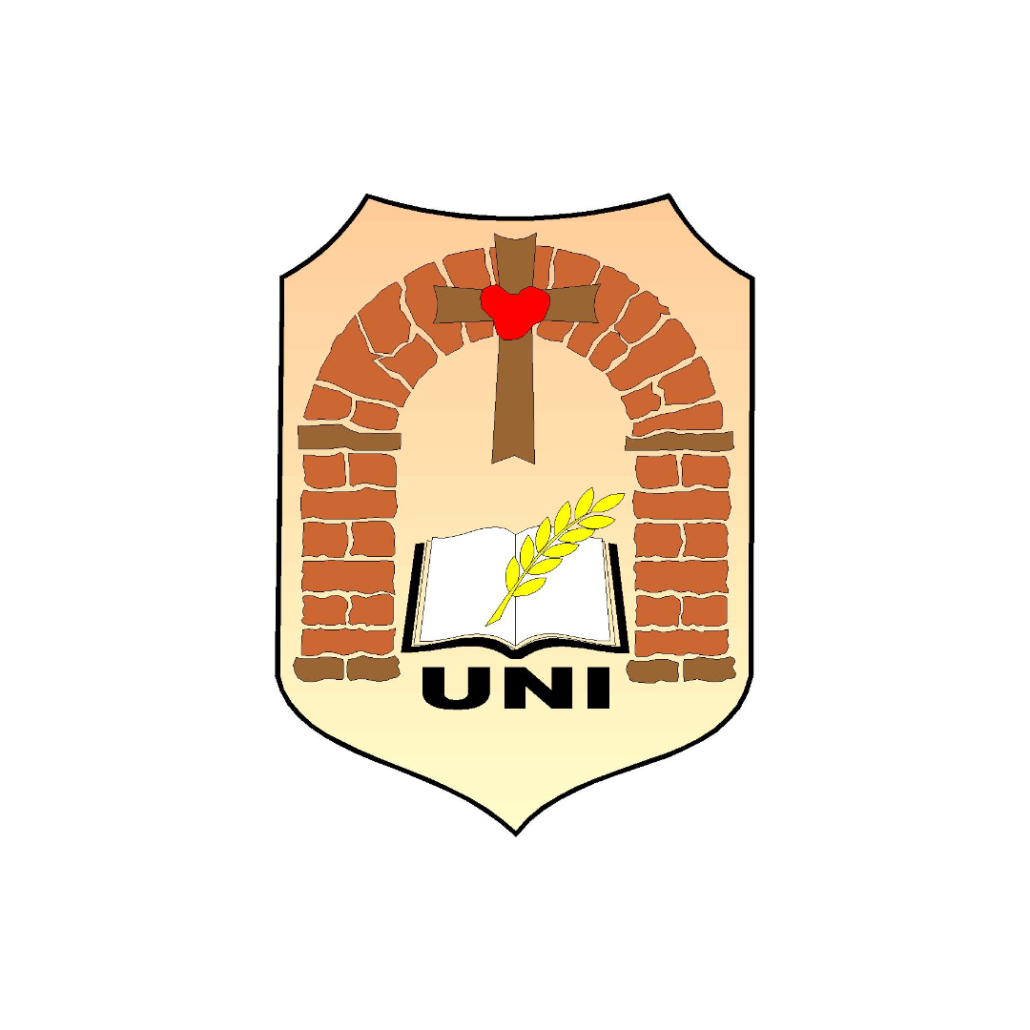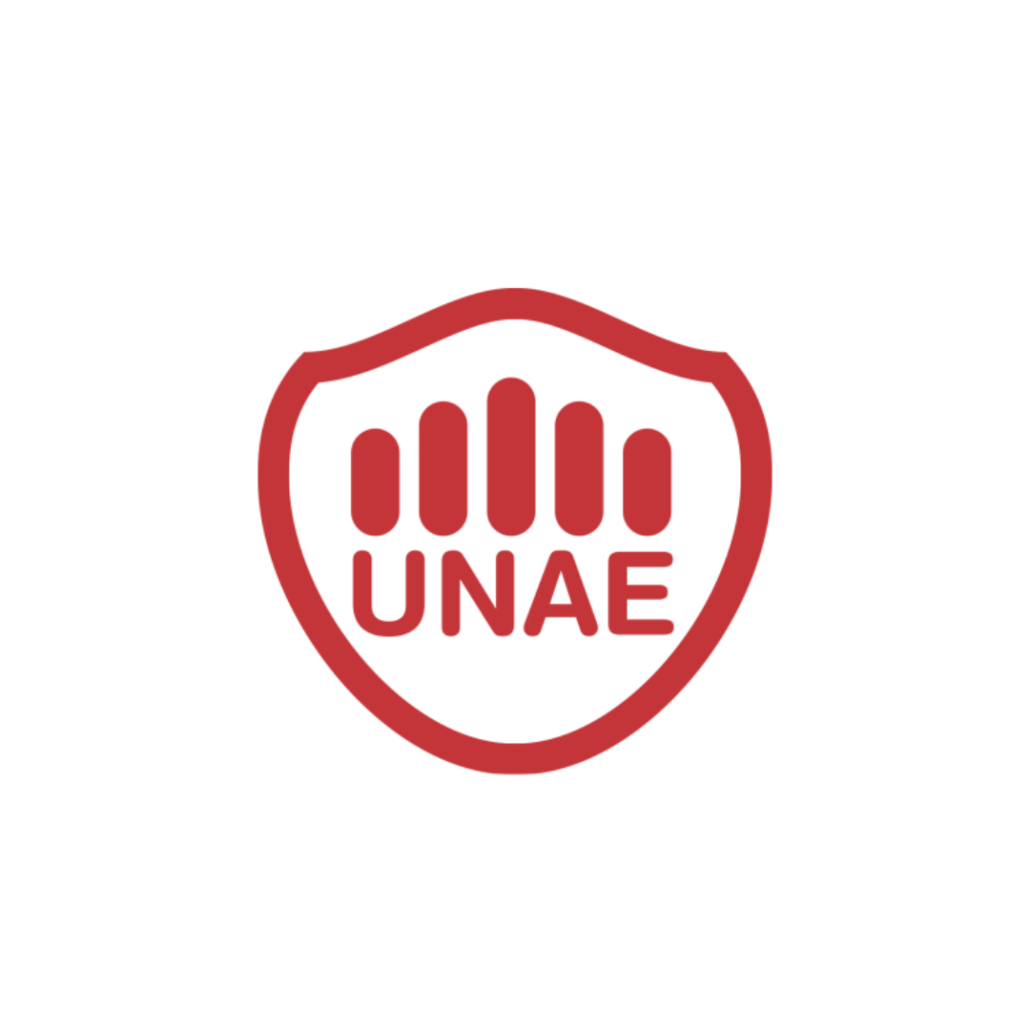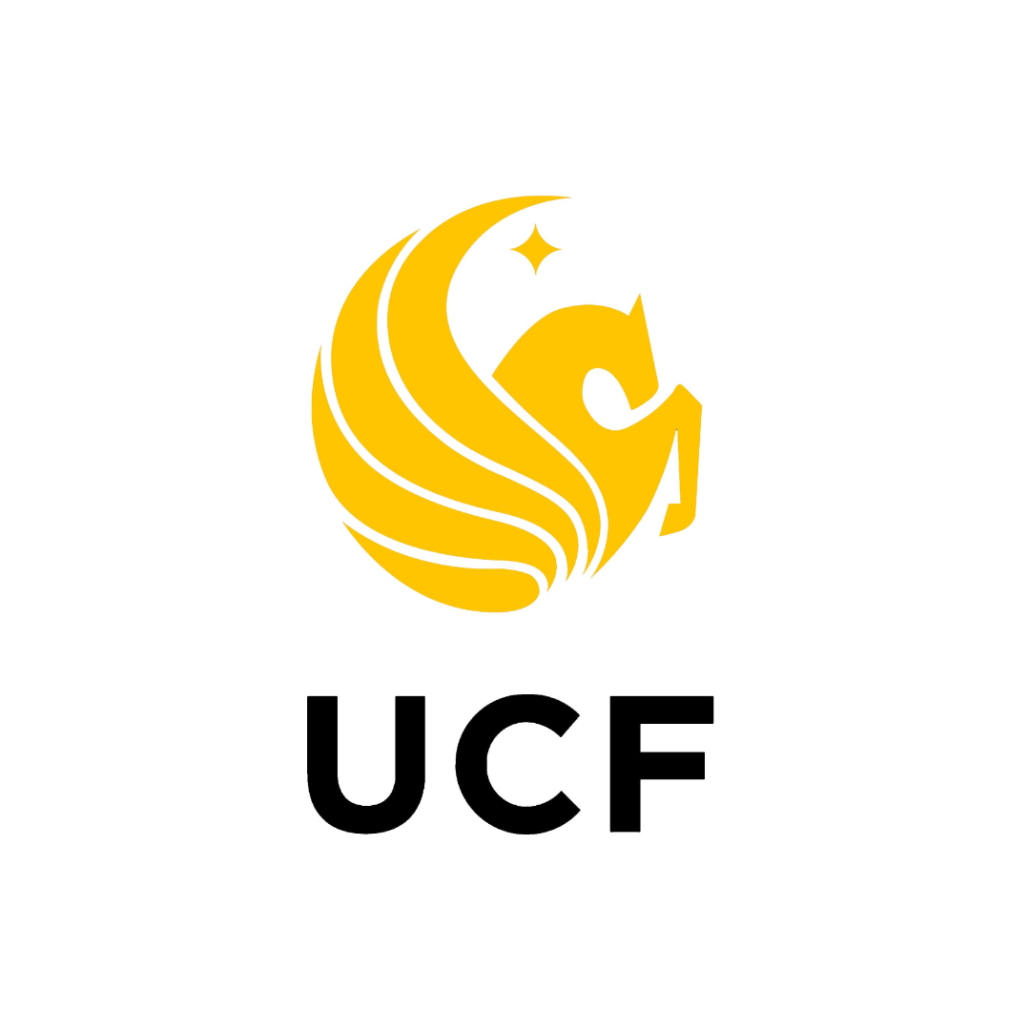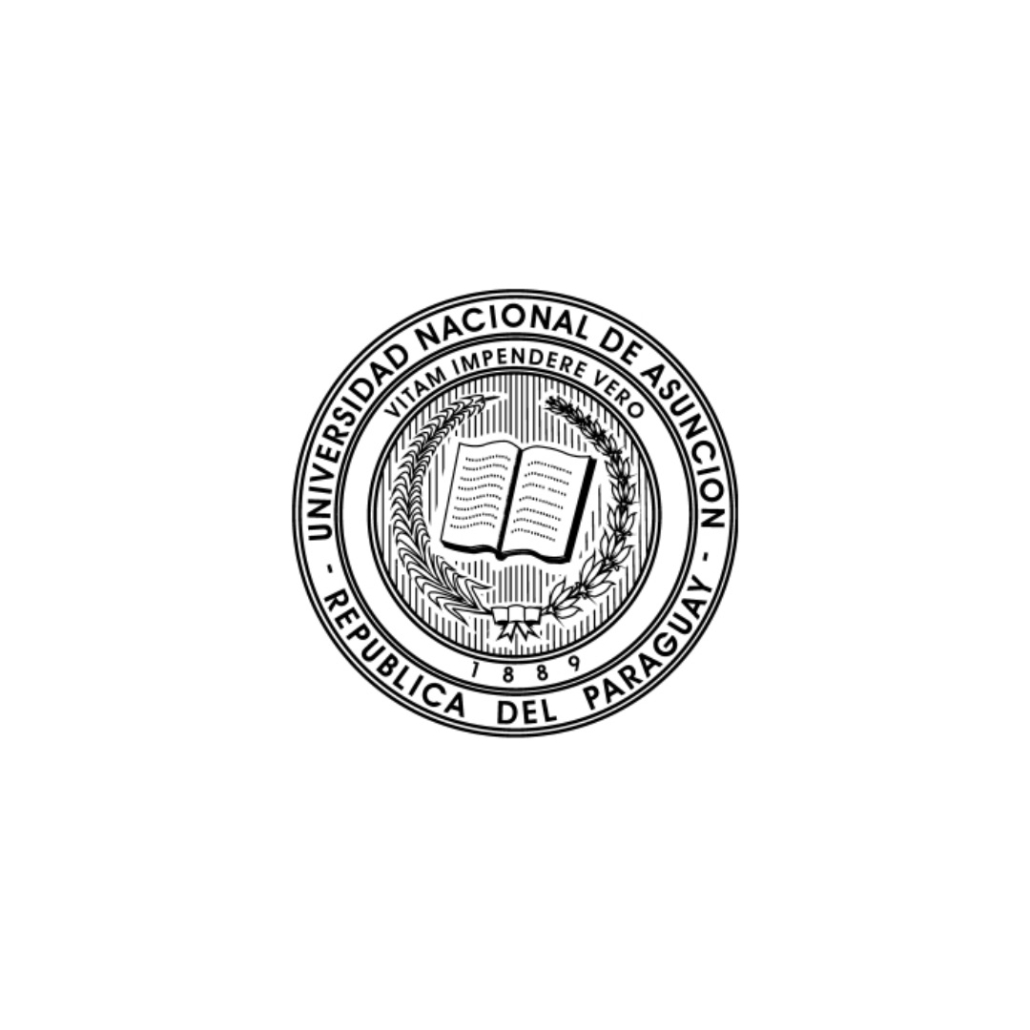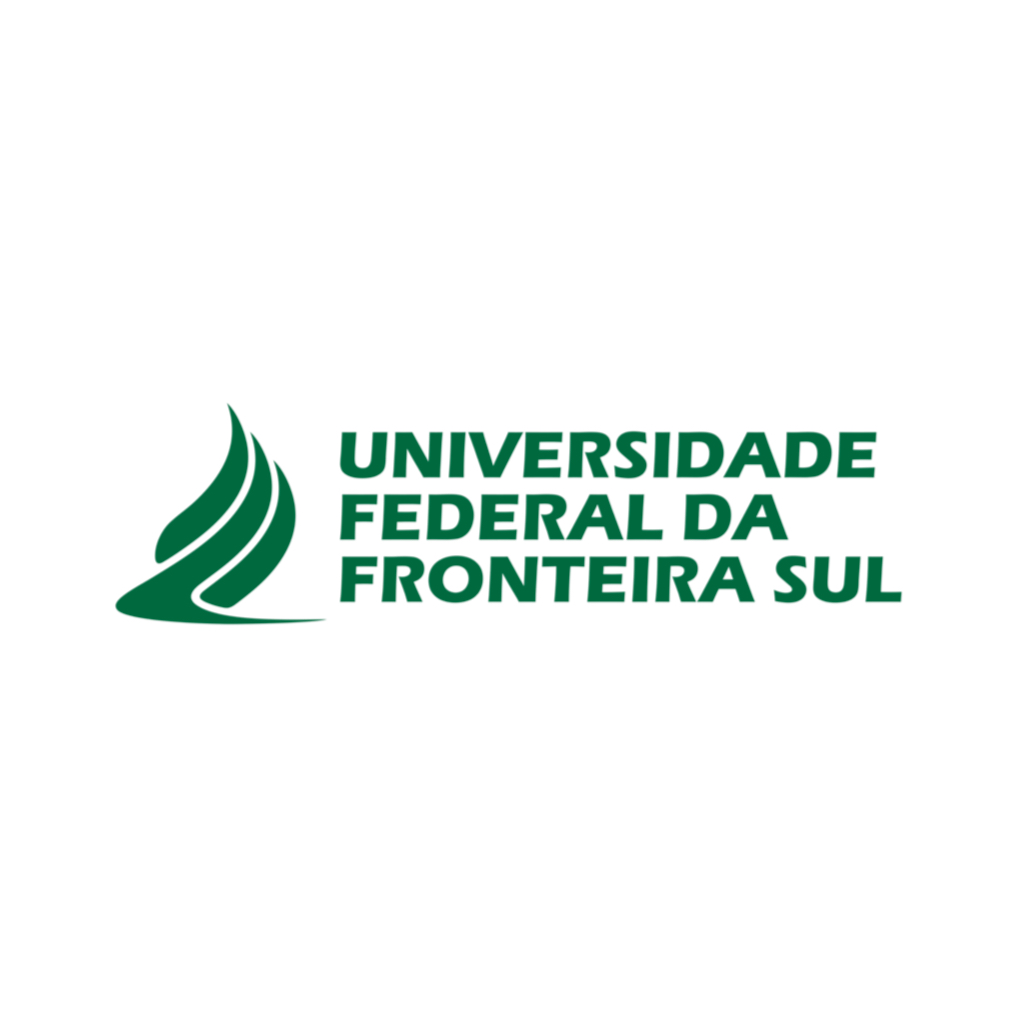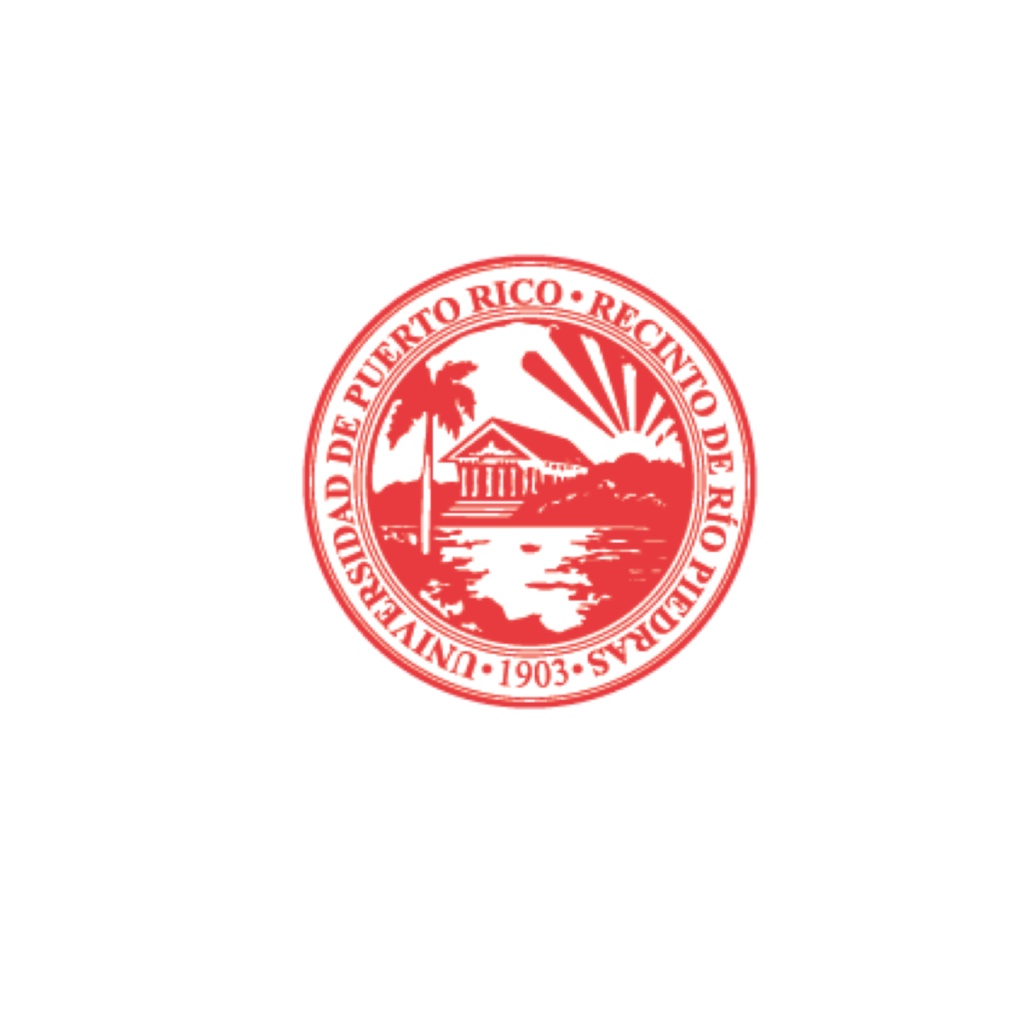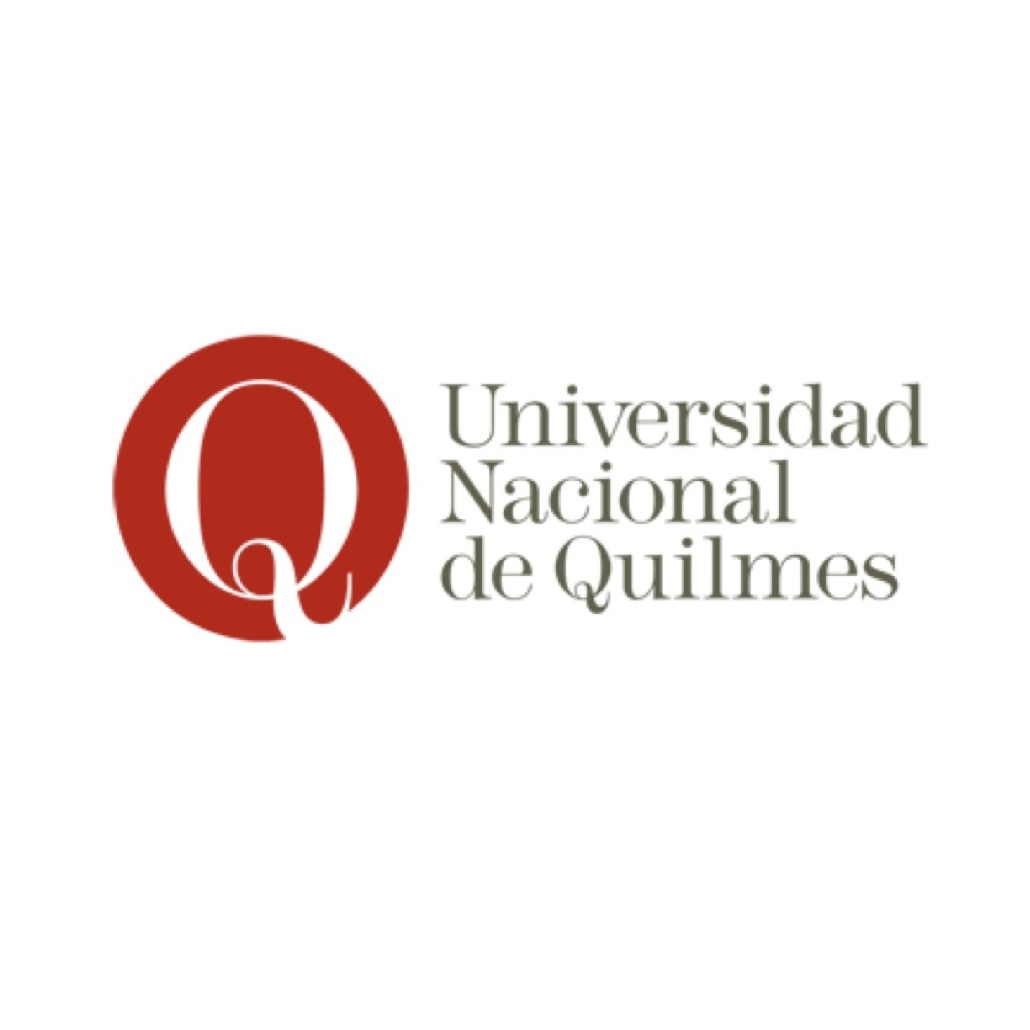Women teacher empowerment and the use of digital technologies for the mathematics teaching during confinement for COVID 19
DOI:
https://doi.org/10.24310/TSN.2021.vi11.14333Keywords:
Teacher empowerment, mathematics teaching, feminist epistemology, socioepistemologyAbstract
The situation of women mathematics teachers in Mexico has characteristics strongly associated with how the mathematics and their teaching has been constituted within a patriarchal culture. We analyzed the presence of woman teachers in México and the process of empowerment of a group of them on an educational level where they represent a minority (pre-university). We utilize the opportunity that represents the necessary incorporation of virtual environments during 2020. We integrate the Feminist Epistemology and the Socioepiste-
mological Theory of Mathematics Education as the perspectives that permit us to analyze how their gender condition marks their relationship with mathematics and digital technologies. We identify a low self-assessment of their capacities, but as well that most of them were capable of transforming their practice and integrating new digital technologies.
Downloads
Metrics
References
Artigue, M. (2000): «Instrumentation issues and the integration of computer technologies into secondary mathematics teaching», en Proceedings of the Annual Meeting of GDM, pp. 7-17. Potsdam (Alemania).
Blazquez, N. (2012): «Epistemología feminista: temas centrales», en N. Blazquez, F. Flores y M. Ríos (coords.): Investigación feminista. Epistemología, metodología y representaciones sociales, pp. 21-38. México: Centro de Investigaciones Interdisciplinarias en Ciencias y Humanidades, Centro Regional de Investigaciones Multidisciplinarias, Facultad de Psicología (UNAM).
Borjon, Hernández y Torres (2016): «Dimensiones de la tecnología en la formación inicial de profesores: un estudio desde el curriculum official», en Eco. Mat, 7 (1), pp. 6-19.
Camarena, P., y Riestra, C. (2005): «Un enfoque sobre la mujer en la docencia e investigación en educación matemática», en Innovación Educativa, 5 (25), pp. 5-15.
Camarena, P. (2015): «Educación matemática en México: Investigación y práctica docente», en P. Camarena y X. Martínez (coords): La educación matemática en el siglo XVI. México: Instituto Politécnico Nacional.
Cantoral, R. (2013): Teoría socioepistemológica de la matemática educativa: estudios sobre construcción social del conocimiento. México: Gedisa.
Cantoral, R., y Reyes, D. (2014): «Socioepistemología y empoderamiento: la profesionalización docente desde la problematización del saber matemático», en Bolema, Río Claro (SP), 28 (48), pp. 360-382.
Cantoral, R., y Soto, D. (2014): «Discurso matemático escolar y exclusión. Una visión socioepistemológica», en Bolema: Boletín de Educación Matemática, 29 (50), pp. 1525-1544.
Cejas, R.; Navío, A.; y Barroso, J. (2016): «Las competencias del profesor universitario desde el modelo TPACK (conocimiento pedagógico y tecnológico del contenido)», en Pixel-Bit. Revista de Medios y Educación, 15 (julio), pp. 105-119.
D'Amore, B. (2005): Bases filosóficas, pedagógicas, epistemológicas y conceptuales de la didáctica de la matemática. México: Reverté.
Esquivel, I.; Figueroa, S.; y García, L. (2014): «Modelo de sustitución, aumento, modificación y redefinición (SAMR): Fundamentos y aplicaciones», en I. Esquivel (coord.): Los modelos tecno-educativos: Revolucionando el aprendizaje del siglo XXI, pp. 205-220. México: DSAE-Universidad Veracruzana.
Farfán, R., y Ortiz, V. (2018): «Matemáticas y género: un estudio del razonamiento espacial en una plataforma de acompañamiento docente». Reunión Latinoamericana de Matemática Educativa 32. Congreso llevado a cabo en Medellín (Colombia). Recuperado en https://www.researchgate.net/publication/326519746_MATEMATICAS_Y_GENERO_UN_ESTUDIO_DEL_RAZONAMIENTO_ESPACIAL_EN_UNA_PLATAFORMA_DE_ACOMPANAMIENTO_DOCENTE
Farfán, R., y Simón, M. G. (2016): La construcción social del conocimiento. El caso de género y matemáticas. México: Gedisa.
González, R. M.ª (2009): «De cómo las maestras llegaron a ser mayoría en las escuelas primarias de México, Distrito Federal. Finales del siglo XIX y principios del XX: Un estudio de género», en Investigación Temática, 14 (42), pp. 747-785.
INEE (2019): Panorama educativo de México. Indicadores del sistema educativo nacional 2018. Educación básica y media superior. México: Instituto Nacional de Evaluación Educativa.
INEGI (2019a): Encuesta nacional sobre disponibilidad y uso de las tecnologías de la información en los hogares (ENDUTIH) 2019. Instituto Nacional de Estadística y Geografía. Recuperado en https://www.inegi.org.mx/programas/dutih/2019/#:~:text=La%20Encuesta%20Nacional%20sobre%20Disponibilidad,a%C3%B1os%20o%20m%C3%A1s%20en%20M%C3%A9xico%2C
INEGI (2019b): Mujeres y hombres en México, 2018. México: Instituto Nacional de Estadística y Geografía.
INEGI (2020): Encuesta nacional de ocupación y empleo (ENOE), cuarto trimestre de 2019. Bases de datos. Instituto Nacional de Estadística y Geografía. https://www.inegi.org.mx/programas/enoe/15ymas/
Lezama, J. (2005): «Una mirada socioepistemológica al fenómeno de la reproducibilidad», en Relime, 8 (3), pp. 339-362.
Downloads
Published
How to Cite
Issue
Section
License

This work is licensed under a Creative Commons Attribution-NonCommercial-ShareAlike 4.0 International License.

